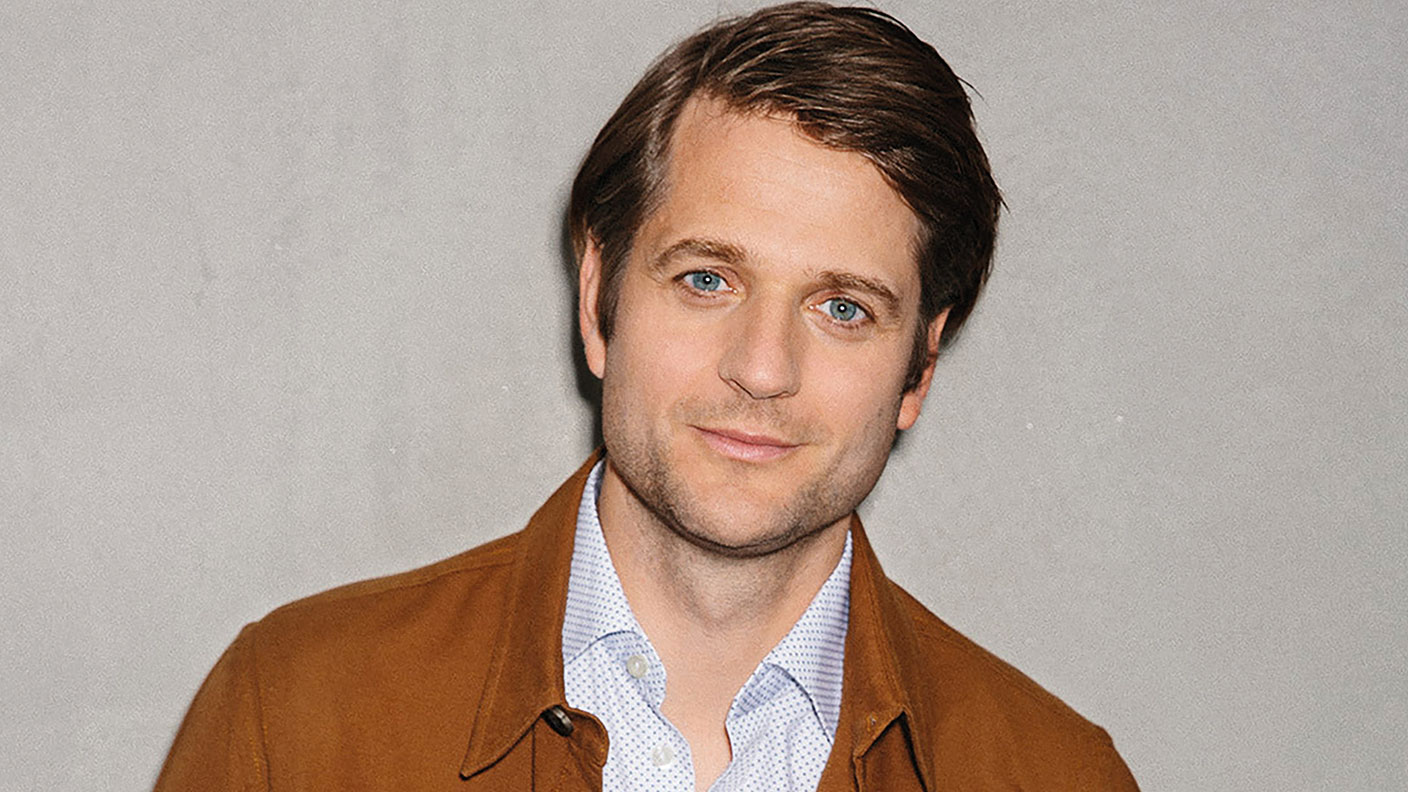It all started for Gi Fernando with a £6 bet
A small-stakes bet with a friend led to Gi Fernando setting up his own digital services company, and bagging the £6 wager along the way.

Get the latest financial news, insights and expert analysis from our award-winning MoneyWeek team, to help you understand what really matters when it comes to your finances.
You are now subscribed
Your newsletter sign-up was successful
Want to add more newsletters?

Twice daily
MoneyWeek
Get the latest financial news, insights and expert analysis from our award-winning MoneyWeek team, to help you understand what really matters when it comes to your finances.

Four times a week
Look After My Bills
Sign up to our free money-saving newsletter, filled with the latest news and expert advice to help you find the best tips and deals for managing your bills. Start saving today!

Gi Fernando's path to becoming a technology entrepreneur was long and unconventional. When he graduated from university in 1992, "there really wasn't a technology industry", he says. So he initially drifted from project to project, including selling health insurance door to door and travelling the world, before joining HSBC in 1995. He spent almost five years at the bank and oversaw a number of technology projects, including the integration of HSBC's systems with other companies that it had taken over.
However, Fernando was always interested in entrepreneurship, so he left in 2002 to set up Western, a company focused on helping businesses use digital technology in their marketing.
Western was a moderate success, but the breakthrough moment came one day in 2007. Fernando, who had recently been exploring Facebook at the urging of his teenage nephew, was having a drink with barrister and technology entrepreneur Ankur Shah and another friend, and began discussing how digital technology was transforming advertising.
MoneyWeek
Subscribe to MoneyWeek today and get your first six magazine issues absolutely FREE

Sign up to Money Morning
Don't miss the latest investment and personal finances news, market analysis, plus money-saving tips with our free twice-daily newsletter
Don't miss the latest investment and personal finances news, market analysis, plus money-saving tips with our free twice-daily newsletter
This friend bet Fernando and Shah £6 that they couldn't build a digital services company and get a paying client within five days. Taking up the challenge, the duo founded Techlightenment and won a £20,000 contract to build a Facebook app for a marketing campaign one day ahead of the deadline.
In its early days, Techlightenment faced two main problems. One was securing banking facilities. Techlightment's main business revolved around an automated platform that allowed clients to buy Facebook advertisements easily, but Facebook would only accept credit cards. So Fernando and his co-founder had to take out a lot of cards and move large sums of money between them.
This set off fraud alerts, which meant the duo initially struggled to find a bank willing to work with them. The second difficulty was recruitment. With business "growing like a weed", they had to recruit 16 people within six weeks. To tap into the pool of top talent they sponsored the first Facebook Developer Garage, a decision that Fernando believes greatly helped them find suitable staff.
The new company faced its first serious competitor within six months, aftermarketing agency TBG moved into the digital arena. But this was a welcome development, says Fernando; the arrival of an established firm "made the entire area we were working in seem much more credible". Regardless of the added competition, Techlightenment continued growing: within four years, annual turnover would be more than £10m. In early 2011, Fernando and Shah sold a majority stake in Techlightenment to Experian for "tens of millions".
The following year Fernando left the business, and has since become an active tech investor, backing around 30 ventures. Inspired by the problems he had faced finding staff for Techlightenment, he founded Freeformers in 2012. This company recruits young people and then turns them into trainers to help businesses understand social media and digital marketing.
He believes that a large number of people under the age of 25 have considerable skills in these areas, which are not captured by the formal qualification system and says that British firms must value these skills if the country is to remain competitive.
Fernando's advice for other tech entrepreneurs is to "find something that you love, but which is unique". You'll need an idea that can transform that sector, but this doesn't need to be complex. For example, he helped encourage one group of 14-year-olds from a farming community to develop an app that let farmers log information about livestock more efficiently. Unsurprisingly given his background, he also advises entrepreneurs not to neglect marketing. "You can't see selling as some sort of dirty thing," he says.
Get the latest financial news, insights and expert analysis from our award-winning MoneyWeek team, to help you understand what really matters when it comes to your finances.

-
 Japanese stocks rise on Takaichi’s snap election landslide
Japanese stocks rise on Takaichi’s snap election landslideJapan’s new prime minister Sanae Takaichi has won a landslide victory in a snap election, prompting optimism that her pro-growth agenda will benefit Japanese stocks
-
 Alphabet 'is planning a 100-year bond': would you back Google for 100 years?
Alphabet 'is planning a 100-year bond': would you back Google for 100 years?Google owner Alphabet is reported to be joining the rare century bond club
